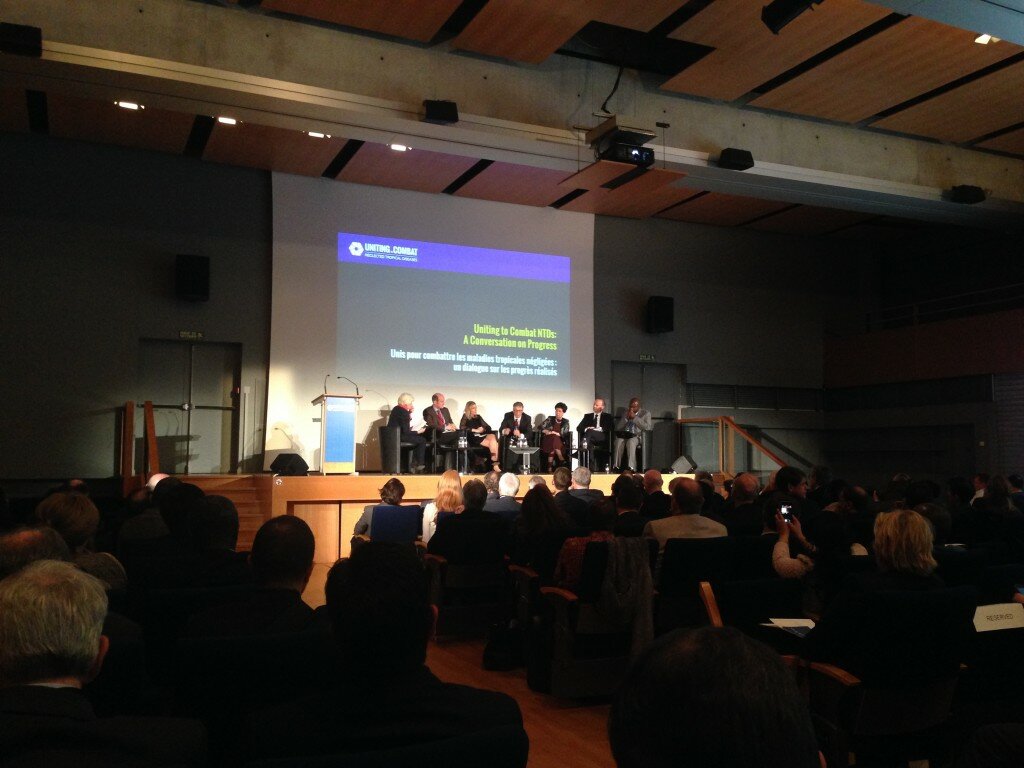Uniting to Combat Neglected Tropical Diseases released its third progress report on The London Declaration on Neglected Tropical Diseases on June 25, 2015. Read the full executive summary and report.
From the Executive Summary
In the course of human history, few public health efforts can match the scale and ambition of the endeavor to rid the world of 10 Neglected Tropical Diseases (NTDs). These efforts have accelerated over the last three years, as a diverse group of players have come together in one of the largest ever public-private partnerships to deliver the funding, drugs, and technical assistance required.
The good news is that we are beginning to see positive results from this collaboration: a growing number of endemic countries are achieving elimination goals, more people are being reached, and there is increasing national ownership of NTD programs. The political and economic gains from NTD investments make a compelling case for further investment both domestically and from donors.
Nonetheless there are challenges that threaten our ability to meet the WHO NTD Roadmap targets. Currently the supply of donated drugs exceeds our ability to reach communities and more needs to be done to scale up programs. If, as a global consortium of partners, we cannot marshal the resources required to deliver donated drugs to the communities in need, more than a billion people will remain at-risk of harm by NTDs. We need to redouble our efforts.
This third report on progress since the 2012 London Declaration on NTDs highlights important accomplishments and learnings, and identifies areas that warrant greater attention. Five principal themes have emerged within the report:
- Control and elimination of NTDs provide one of the strongest returns on investment in public health
- Leadership among endemic countries has shown a substantial increase
- The largest public health drug donation program in the world continues to grow
- Coverage is increasing, but the pace is too slow to meet key milestones
- National NTD programs are achieving elimination goals
As noted in the 2015 G7 Summit communique, “2015 is a milestone year for international cooperation and sustainable development issues”—and, the fight against NTDs is no different. We have the opportunity now, together, to reach many of the goals laid out in the WHO roadmap on NTDs and position the future elimination of these 10 NTDs as an achievable objective for this generation. Those living in extreme poverty around the world are counting on our help. Let’s not keeping them waiting.



